Specification
- मेल्टिंग पॉइंट
- 230°C (decomposes)
- एच एस कोड
- 39053000
- विषैला
- No
- शेप
- अपवर्तक दर
- 1.49–1.52
- क्वथनांक
- Not applicable (decomposes before boiling)
- घुलनशीलता
- Easily soluble in water
- स्टोरेज
- पवित्रता
- ≥ 98%
- पीएच लेवल
- Neutral to slightly alkaline (5.0–7.5 in 4% solution)
- आण्विक सूत्र
- (C2H4O)n
- दुसरे नाम
- PVA
- प्रपत्र
- स्ट्रक्चरल फॉर्मूला
- [–CH2–CHOH–]n
- गंध
- घनत्व
- ग्राम प्रति घन सेंटीमीटर (g/cm3)
- स्वाद
- वर्गीकरण
- रासायनिक नाम
- Polyvinyl Alcohol
- कैस नं
- 9002-89-5
- ईआईएनईसीएस नं
- 208-557-2
- ग्रेड
- स्टैण्डर्ड
- GB/T 12010.1-2010 or equivalent
- टाइप करें
- Synthetic Polymer
- उपयोग
- As a binder, film-former, thickener, emulsifier, stabilizer
- मुख्य सामग्री
- Polyvinyl Alcohol
- एप्लीकेशन
Trade Information
- Minimum Order Quantity
- 2500 Gross
- भुगतान की शर्तें
- आपूर्ति की क्षमता
- प्रति दिन
- डिलीवरी का समय
- घंटे
- नमूना उपलब्ध
- Yes
- नमूना नीति
- पैकेजिंग का विवरण
- Packaging Type: It is commonly packed in multi-layer kraft paper bags, polyethylene bags, or plastic drums.
- मुख्य निर्यात बाजार
- मुख्य घरेलू बाज़ार
About
Polyvinyl Alcohol (PVA) is a high performance, water soluble synthetic polymer available in the form of a white to off white powder or granules. Known for its excellent film forming, emulsifying, and adhesive properties, PVA is widely used across industries such as textiles, paper, adhesives, construction, ceramics, and packaging. It dissolves easily in water but is insoluble in most organic solvents. With a typical purity of 98% and a pH range of 5.0 7.0 (in 4% solution), PVA also offers good chemical resistance and flexibility. Its viscosity can vary by grade (commonly between 4 60 mPa s), making it suitable for customized applications. PVA is non toxic, biodegradable, and forms strong, transparent films ideal for coatings, stabilizers, and binders. It falls under HSN Code 3905.30.00.Exceptional Material Compatibility
Polyvinyl Alcohols compatibility with starch, cellulose, and diverse resins makes it highly versatile across a broad range of industries. This property enables manufacturers to integrate PVA seamlessly into formulations requiring binding, thickening, or film-forming characteristics, enhancing product performance in adhesives, construction compounds, and composite materials.
Green and Safe Industrial Solution
PVA stands out for its biodegradability under suitable conditions and its non-toxic profile. This ensures environmental friendliness and safety in handling, supporting sustainable practices in applications such as agriculture, paper manufacturing, and packaging films. Its inert nature also means it will not interfere with sensitive compounds in finished products.
Flexible Performance by Grade
Various hydrolysis levels (87%99%) and viscosities (480 mPas) are available, allowing users to select the optimal grade for their specific requirements. This flexibility ensures PVA can provide effective performance as a binder, emulsifier, or stabilizer, tailored for particular processing and end-use demands.
FAQs of Polyvinyl Alcohol Pva:
Q: How is Polyvinyl Alcohol (PVA) used across different industries?
A: Polyvinyl Alcohol is widely used as a binder, film-former, thickener, emulsifier, and stabilizer in industries such as textiles, adhesives, paper, construction, ceramics, agriculture, and coatings. Its broad compatibility and solubility make it a reliable ingredient for manufacturing various products from textile sizing agents to paper coatings and adhesive formulations.Q: What benefits does PVA offer in terms of environmental impact and safety?
A: PVA is biodegradable under appropriate conditions and is classified as non-toxic and non-poisonous, making it safer for users and the environment. Its inert, odorless, and tasteless properties further reduce potential hazards, supporting its role in sustainable and eco-friendly applications.Q: When should I select fully hydrolyzed versus partially hydrolyzed PVA grades?
A: The choice depends on required application properties. Fully hydrolyzed PVA (typically 9899% hydrolysis) is preferred for higher crystallinity, water resistance, and film strength, while partially hydrolyzed grades (around 8789% hydrolysis) dissolve more readily in water and are better for applications needing rapid solution preparation.Q: Where should Polyvinyl Alcohol be stored to maintain optimal quality?
A: PVA should be stored in a tightly sealed container, kept in a cool and dry location, to prevent moisture absorption and contamination. Under these recommended storage conditions, it has a shelf life of up to 24 months.Q: What is the typical process for dissolving PVA in water?
A: To dissolve PVA, gradually add the powder or granules to water at room temperature while stirring, then heat the mixture to about 8090C to ensure complete dissolution. Agitation and heating will help obtain a clear, homogeneous solution, suitable for industrial applications.Q: How does PVAs chemical structure contribute to its properties and usage?
A: PVAs repeating vinyl alcohol units provide hydroxyl groups that allow excellent water solubility, strong bonding, and film-forming properties. These molecular features make it valuable as a surfactant, stabilizer, and protective colloid in both aqueous and composite systems.Q: What advantages does using PVA provide to end products like adhesives and films?
A: PVA enhances adhesive strength, flexibility, and resistance to oil and grease. In films, it offers clarity, durability, and good barrier properties, improving the performance and longevity of products in packaging and coating applications.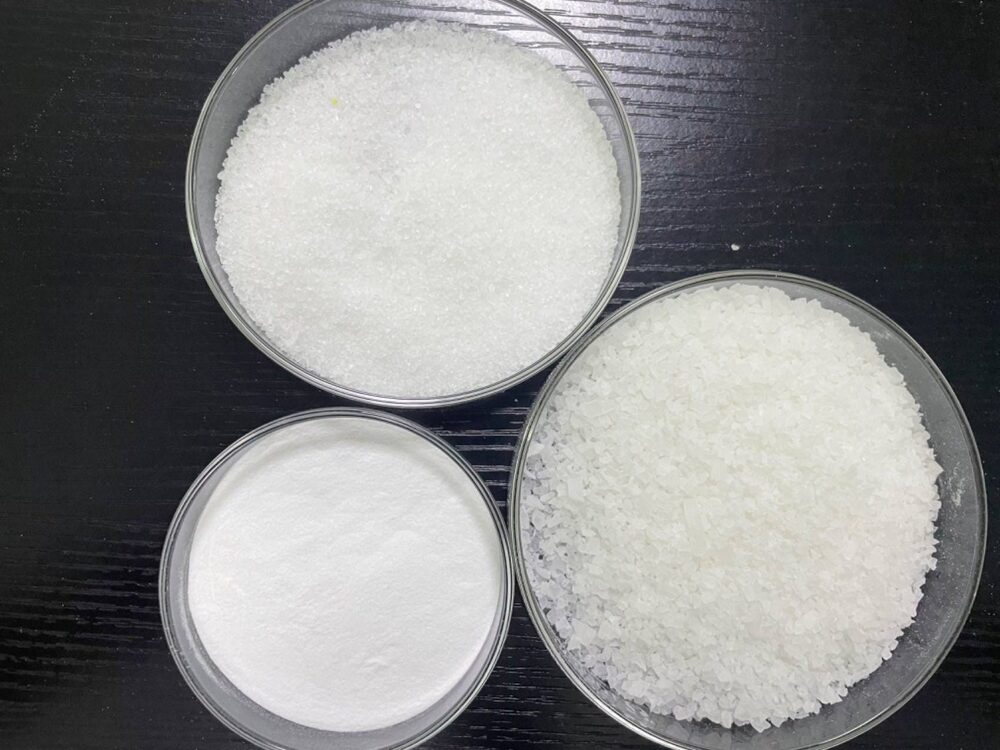
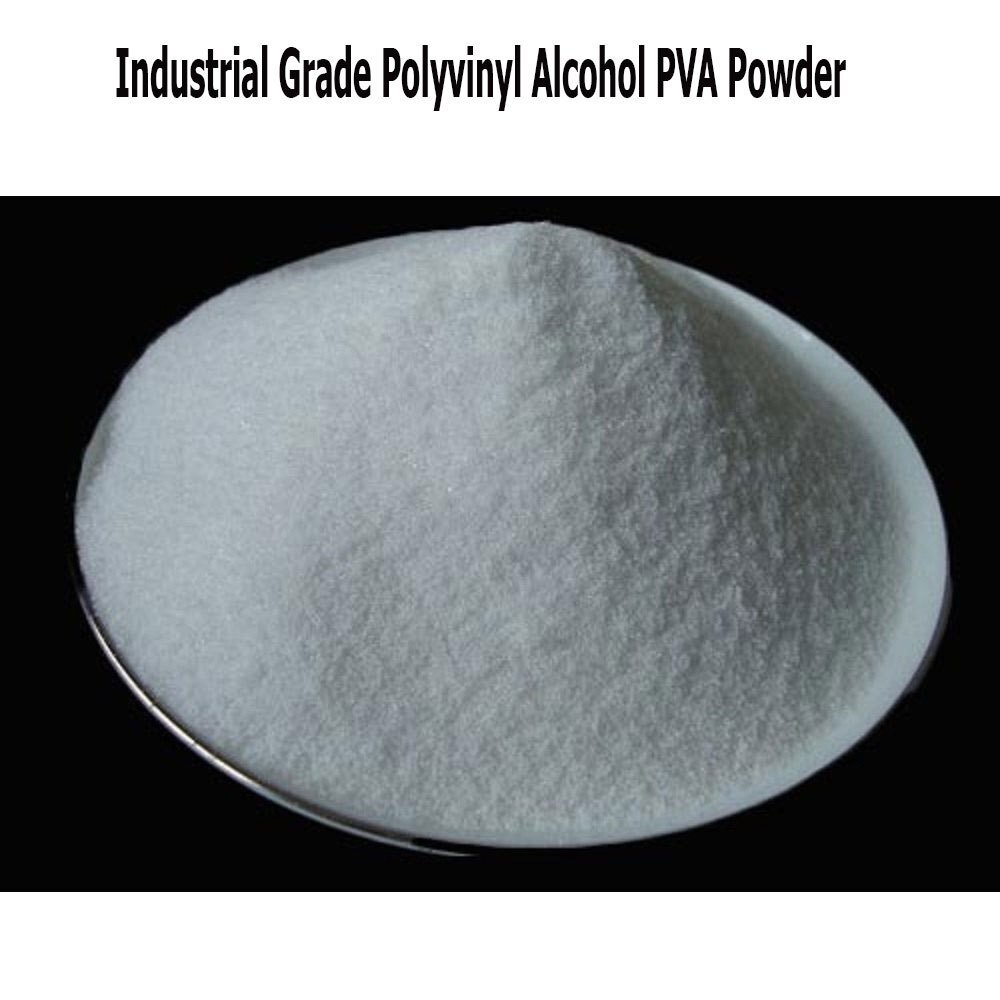
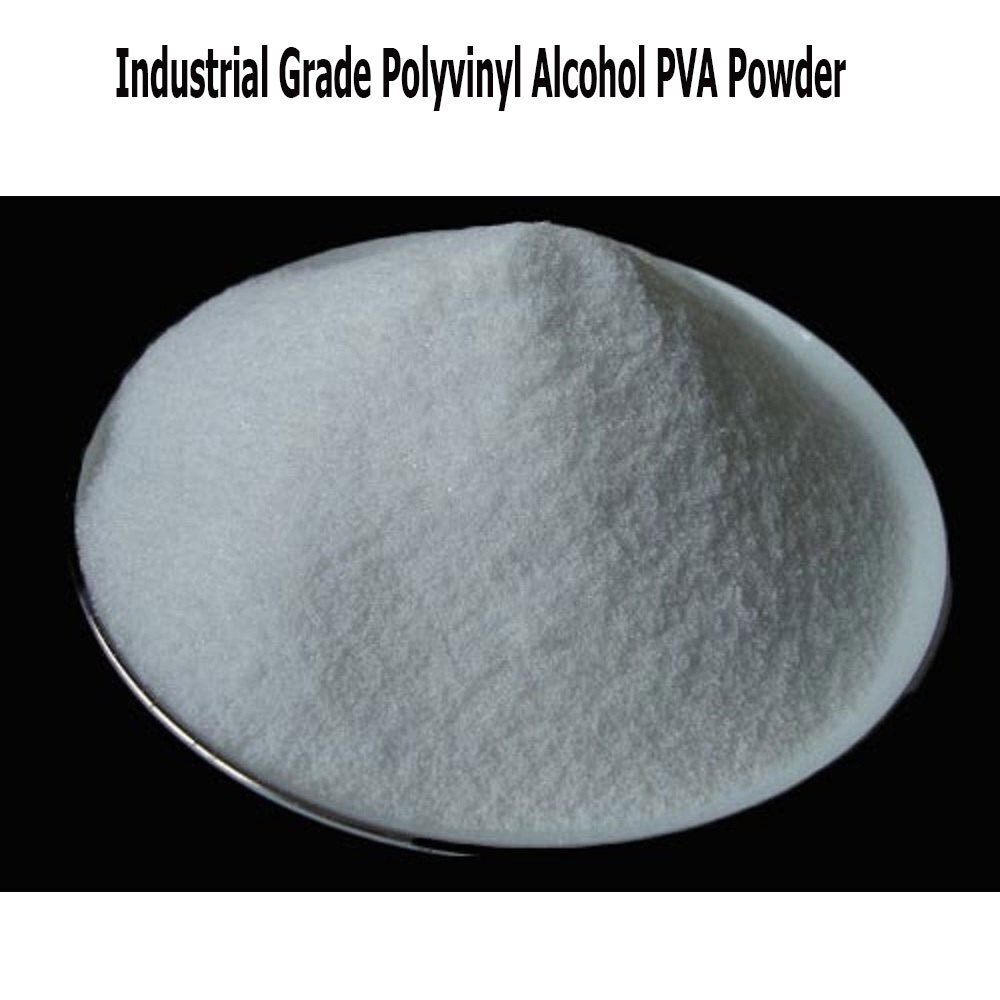
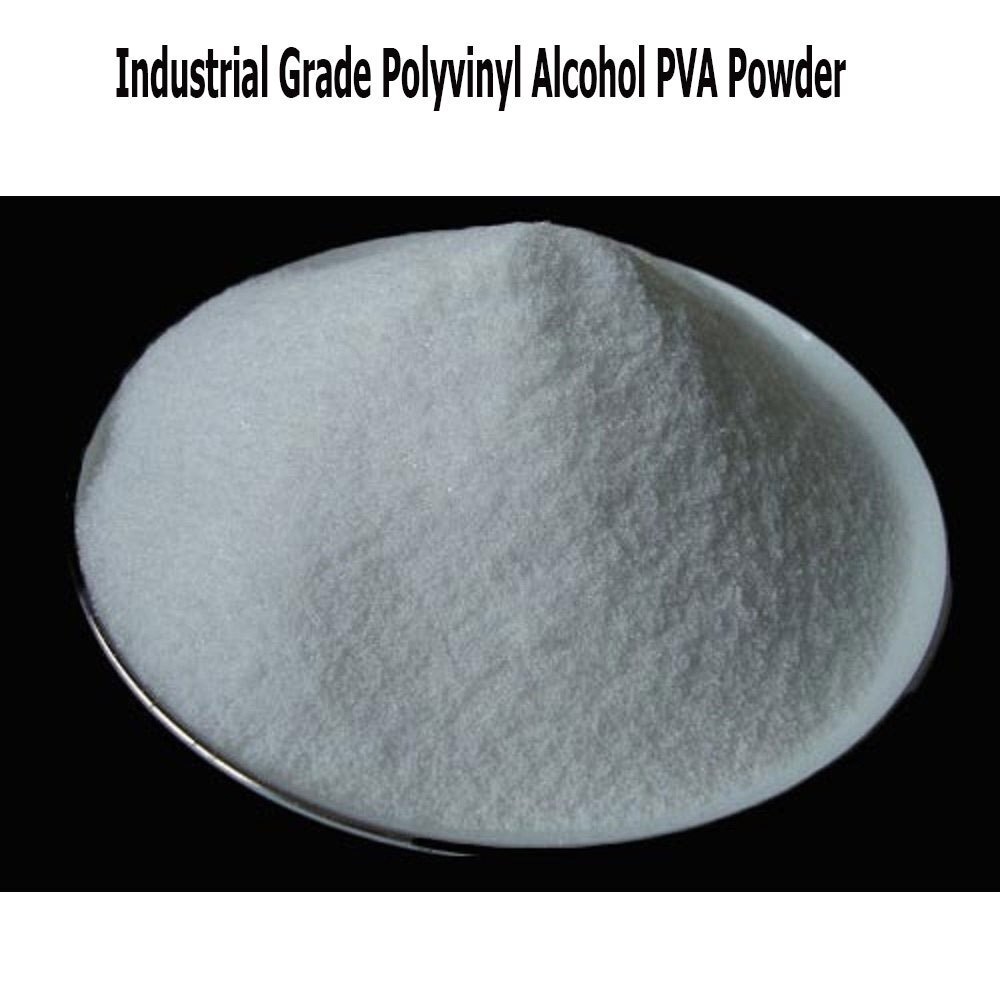
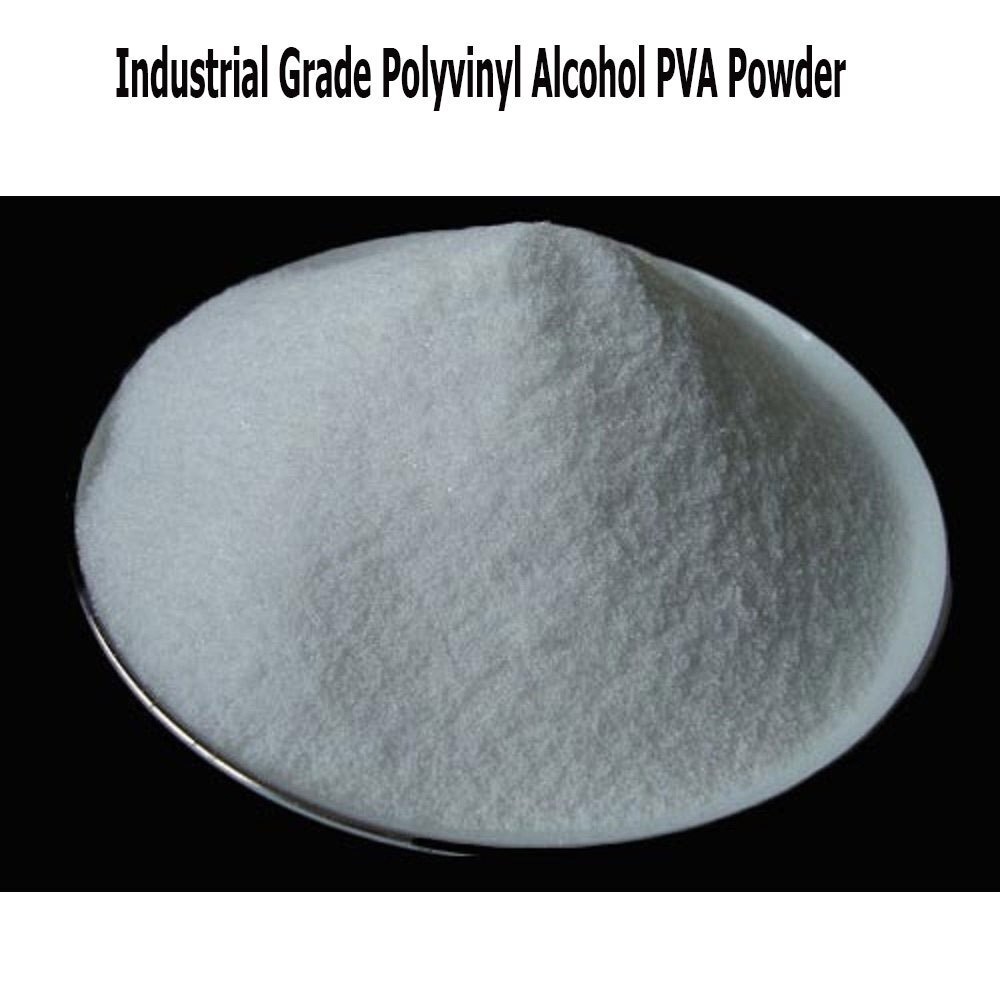
Tell us about your requirement

Price: Â
Quantity
Select Unit
- 50
- 100
- 200
- 250
- 500
- 1000+
Additional detail
मोबाइल number
Email
अधिक Products in औद्योगिक रसायन Category
सिंगल पॉलिमर पाउडर
न्यूनतम आदेश मात्रा : 100
मूल्य की इकाई : किलोग्राम/किलोग्राम
मूल्य या मूल्य सीमा : आईएनआर
माप की इकाई : किलोग्राम/किलोग्राम
घुलनशीलता : हाँ
पवित्रता : 99%
अमोनियम क्लोराइड पाउडर
न्यूनतम आदेश मात्रा : 100
मूल्य की इकाई : किलोग्राम/किलोग्राम
मूल्य या मूल्य सीमा : आईएनआर
माप की इकाई : किलोग्राम/किलोग्राम
घुलनशीलता : हाँ
पवित्रता : 99%
R2195 रूटाइल टाइटेनियम डाइऑक्साइड
न्यूनतम आदेश मात्रा : 100
मूल्य की इकाई : किलोग्राम/किलोग्राम
मूल्य या मूल्य सीमा : आईएनआर
माप की इकाई : किलोग्राम/किलोग्राम
घुलनशीलता : हाँ
पवित्रता : 99%


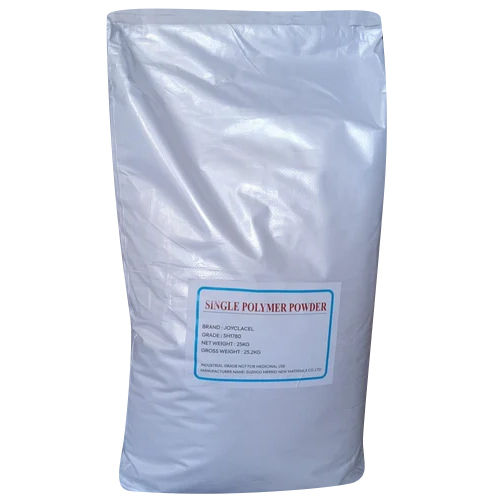

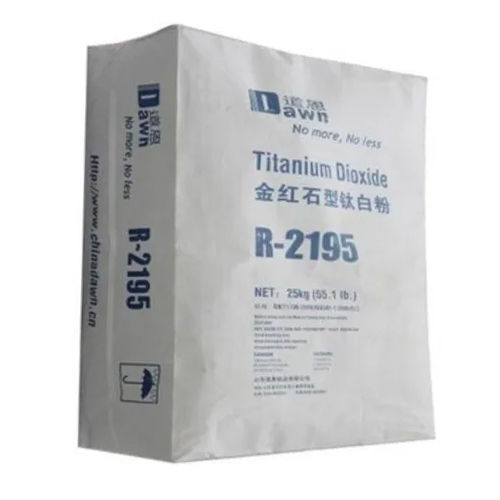
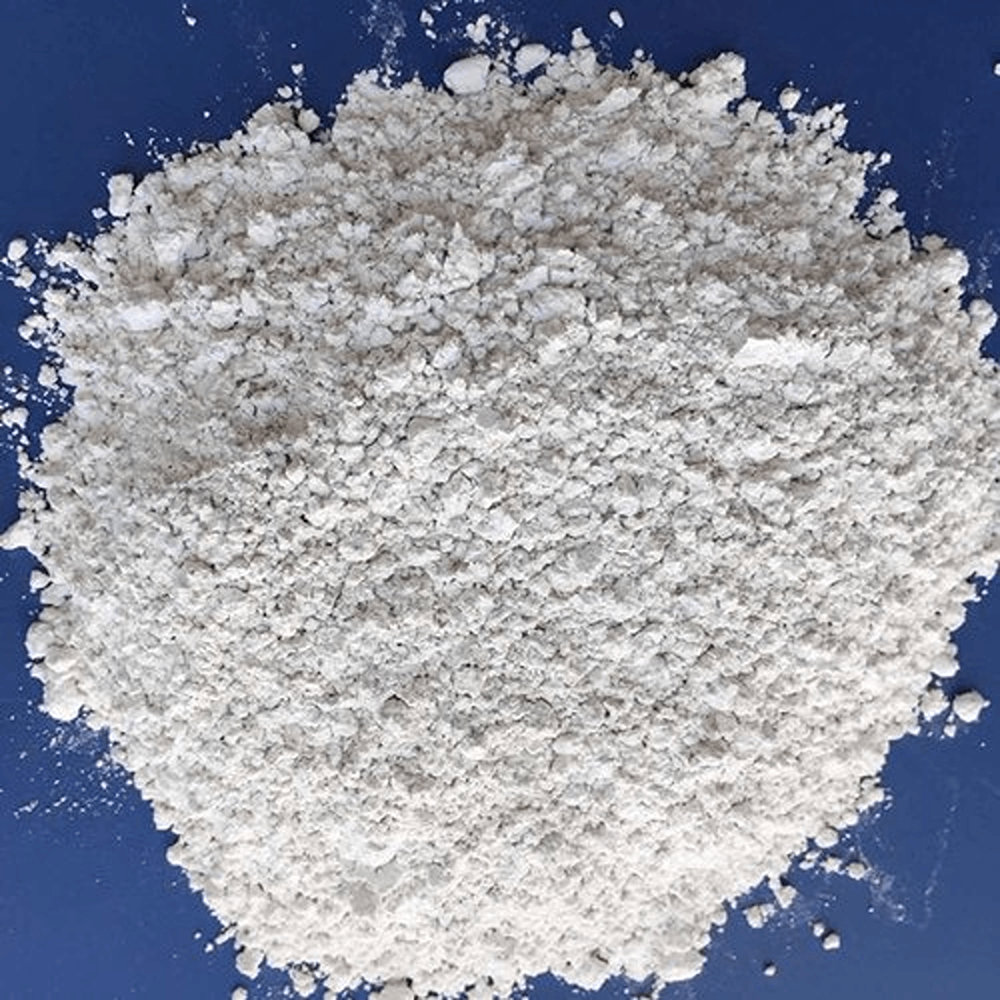


 जांच भेजें
जांच भेजें एसएमएस भेजें
एसएमएस भेजें